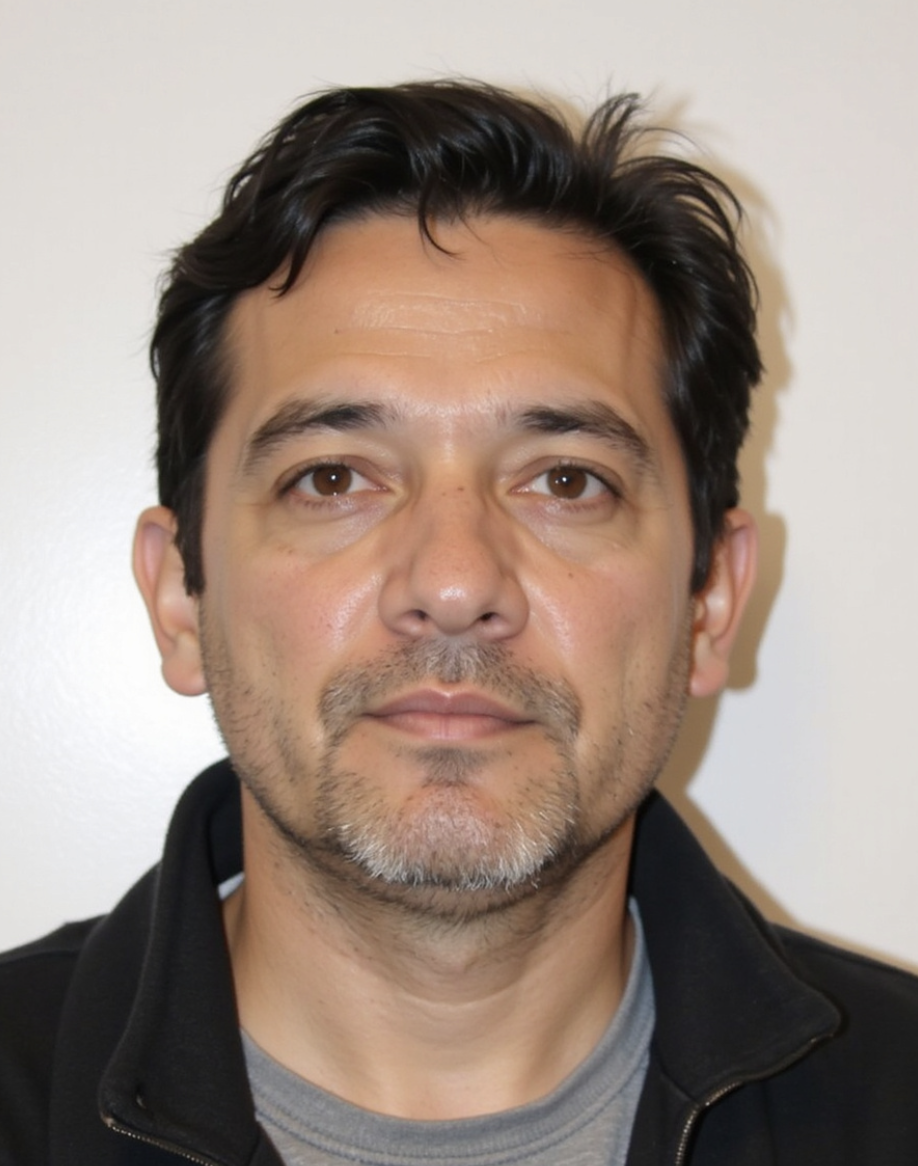Michigan, US, 18th September 2025, ZEX PR WIRE, For the past several years, much of the global conversation around the workplace has centred on one question: should organizations embrace remote models or return to in-person operations? According to Edmonton-based entrepreneur and business leader Noah Smith Regina, this debate overlooks the bigger picture. “The future of work is not about choosing sides, it’s about being adaptive,” he says.

With over two decades of experience building and scaling ventures across industries, Regina has witnessed firsthand how organizations succeed or falter based on their ability to evolve. He argues that clinging to rigid workplace models, whether fully remote, hybrid, or office-centric, ignores the realities of a fast-changing business landscape. “The companies that will thrive are the ones that treat work as a living system, not a fixed structure,” Regina notes.
Moving Beyond the Binary
The debate over remote versus in-person work has become a proxy for deeper anxieties about culture, productivity, and control. But Regina believes these anxieties are best addressed by designing workplaces around adaptability rather than absolutes.
“Some roles will always be more effective in person, creative brainstorming sessions, certain aspects of mentorship, or hands-on industries like manufacturing,” he explains. “Others, such as coding, research, or strategy, often benefit from quiet, flexible environments that remote setups enable. Pretending one model fits all ignores how diverse modern organizations really are.”
Instead of choosing a permanent model, Regina urges leaders to adopt an adaptive mindset: evaluate work functions individually, adjust expectations over time, and remain open to recalibrating as industries, technologies, and employee needs evolve.
The Employee Perspective
Workers themselves are demanding more nuanced arrangements. Surveys across North America show employees value flexibility as much as salary, with many prioritizing roles that allow them to design their own work rhythms.
“Top talent is mobile, global, and deeply aware of its options,” Regina says. “If a company insists on outdated structures, it risks losing its best people to competitors that recognize the value of adaptability.”
This doesn’t mean businesses should cater to every preference without boundaries. Instead, Regina advocates for a structured yet flexible framework where organizations establish clear goals, provide the tools for success, and measure outcomes rather than hours spent in a chair.
Technology as an Enabler
Digital transformation has made adaptive work models feasible in ways that were unthinkable even a decade ago. From advanced project management platforms to AI-powered collaboration tools, technology allows companies to stay coordinated and efficient regardless of location.
But Regina cautions against relying solely on tech. “Tools should serve strategy, not the other way around,” he emphasizes. “The question isn’t whether you have the newest software, it’s whether your culture empowers people to use those tools effectively.”
Adaptive Leadership
For Regina, adaptability begins at the leadership level. “A leader who insists on replicating the way things were done 20 years ago is setting their company up for failure,” he says. “The adaptive leader listens, experiments, and makes adjustments quickly without losing sight of long-term goals.”
He compares adaptive leadership to marathon running, a personal passion. “You don’t run a race by sprinting the first mile and expecting to hold that pace forever. You adapt your strategy based on terrain, weather, and energy levels. Business is no different.”
The Path Forward
As organizations chart their futures, Regina encourages them to see adaptability not as a temporary response to pandemic disruptions but as a core operating principle. “The next crisis won’t look like the last one,” he says. “Companies that hardwire adaptability into their DNA will be ready for whatever comes.”
He points to Edmonton’s growing startup ecosystem as an example. Many young companies in the region are adopting adaptive work practices from the outset, building cultures where flexibility and accountability coexist. “It’s no surprise these businesses are attracting both talent and investment,” he adds.
About Noah Smith Regina
Noah Smith Regina is an accomplished entrepreneur from Edmonton, Canada, with more than 20 years of experience founding and scaling businesses. He combines an MBA in strategic management with real-world expertise gained in multinational organizations and startup ventures. Today, he leads successful companies, advises emerging startups, and serves on multiple boards.
Disclaimer: The views, suggestions, and opinions expressed here are the sole responsibility of the experts. No Opinion Bulletin journalist was involved in the writing and production of this article.
